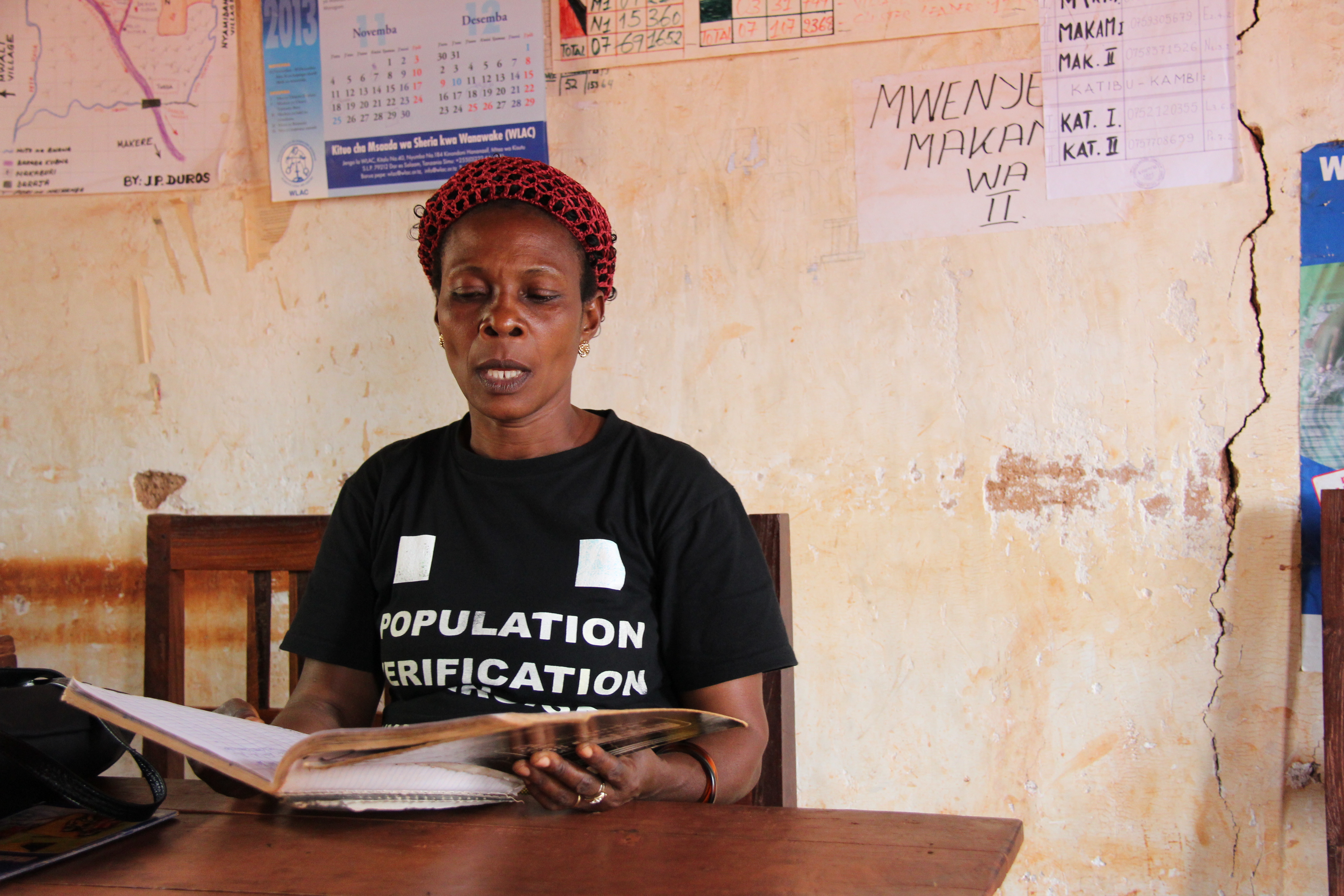Burundi struggles to cope with Congolese influx
Burundi struggles to cope with Congolese influx

BUJUMBURA, Burundi, October 24 (UNHCR) - While tens of thousands of Congolese refugees have fled to Uganda and Rwanda since April, a smaller but significant number of frightened civilians have been fleeing from eastern Democratic Republic of the Congo and seeking shelter in Burundi.
Some 6,000 Congolese - mainly from South Kivu province - have crossed the border since January and sought asylum in Burundi, with 4,334 of them arriving between April and September. A peak was recorded in August (1,033) before dipping in September (895). To date in October, 527 refugees have crossed into Burundi. These figures compare to a monthly average of 250-300 in the early months of the year.
The influx has put Burundi's three camps for Congolese refugees - Bwagiriza, Musasa and Gasorwe - under severe strain and a fourth camp might be needed if people keep arriving. The particularly pressed Bwagiriza camp has a capacity for 8,000 people but is hosting more than 9,900. The camps are run by the government with UNHCR support.
"The most challenging issue is the lack of accommodation for new arrivals as well as addressing the health needs of the increased numbers of vulnerable and sick individuals," said Catherine Huck, UNHCR's representative in Burundi. She stressed that things would only improve once the security situation in eastern Congo had been resolved.
The reasons for the exodus are varied. In the earlier part of the year, hundreds fled across the border to escape clashes in the Uvira and Fizi districts between different armed groups, including the predominantly ethnic Hutu FDLR (Democratic Forces for the Liberation of Rwanda) and the Mai Mai militia.
The volatile situation in parts of the province has been exacerbated by conflict since April between the Congolese-speaking Barundi and the Bafuliru tribes, leaving at least five people dead. Tension rose between the two groups following the murder in April this year of the paramount chief of the Barundi. Groups of Bafuliro have also fled violence by different armed groups.
The United Nations and the Congolese government have been trying to broker a peace agreement between the rival communities, with the latest meeting taking place in Uvira at the end of September.
New arrivals at the refugee camps are being housed in covered communal halls - normally used for meetings - because of the shortage of shelter, but these are also becoming crowded. The government of Burundi recently gave UNHCR an additional 17 hectares of land on which to extend Bwagiriza camp, which is located in eastern Burundi.
But the refugee agency needs funding to build 500 homes, purchase aid items for distribution and provide support to Burundi's National Office for the Protection of Refugees, which registers arrivals.
Burundi hosts more than 50,000 Congolese refugees and asylum-seekers, with about half in refugee camps and the rest living in urban areas. Almost all are from Uvira and some have lived in Burundi for more than a decade.
The situation in North and South Kivu provinces remains volatile, with frequent clashes between different armed groups as well as tension between ethnic groups. In North Kivu, more than 220,000 people have been internally displaced since April by generalized violence and rights abuses as well as fighting between government forces and mutineers of the M23 movement. In the same period, more than 100,000 have been displaced within South Kivu.
More than 40,000 people have fled to Uganda and some 20,000 to Rwanda. In September, UNHCR launched a supplementary appeal for almost US$40 million for its operations to help these people in eastern Congo, Uganda and Rwanda. Burundi could be included in any further appeal.








